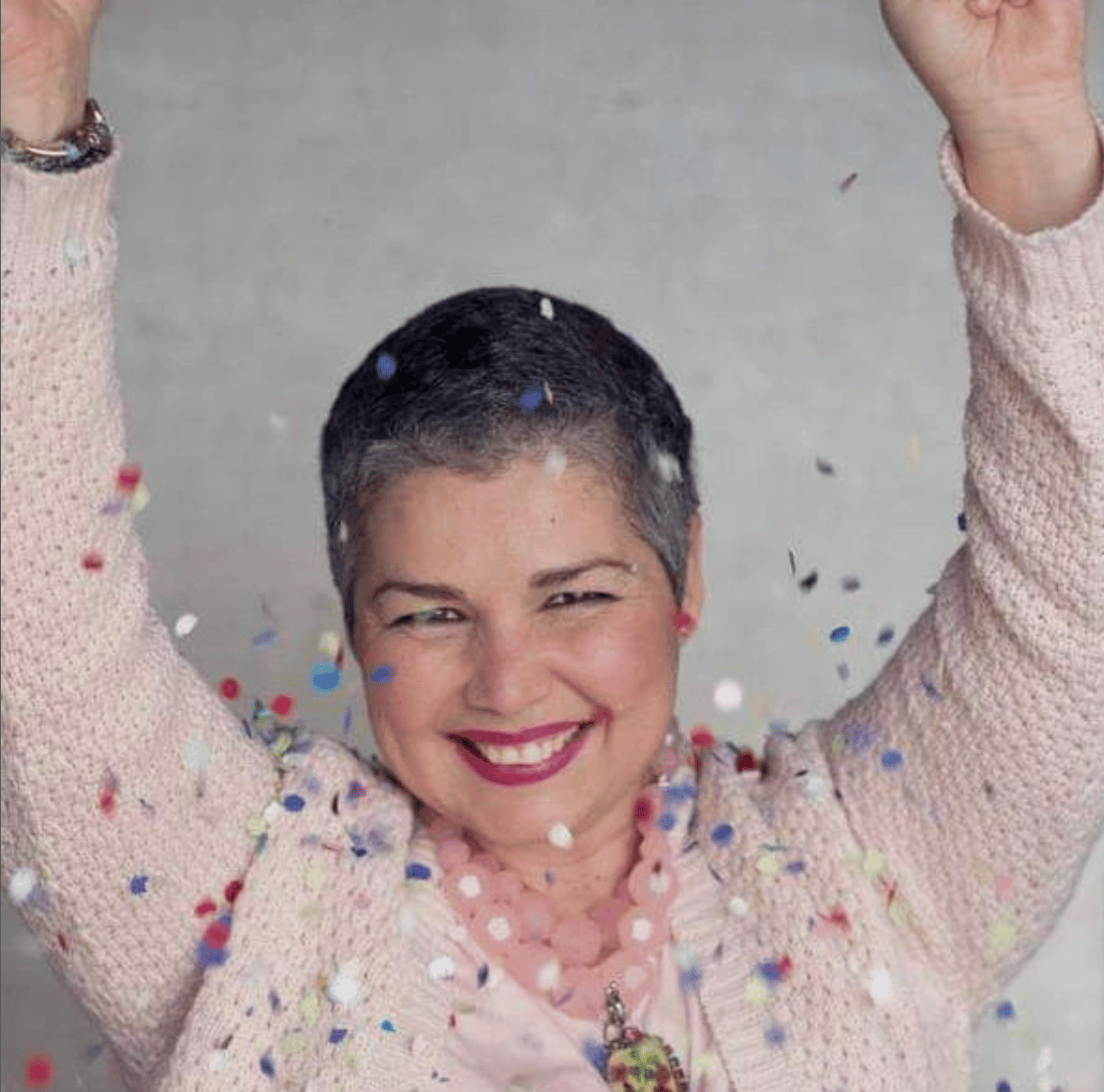“More women and girls in science equals more humane science,” said the UN Secretary-General, Antonio Guterresin his message on the occasion of the day, celebrated each year on February 11.
“Women and girls bring diversity to research, broaden the pool of scientists and expand the horizons of science and technology, for the benefit of all of us,” he said.
According to him, the evidence is there: gender bias in science produces bad results, whether it’s drug tests that treat women’s bodies as an aberration or search algorithms. that perpetuate prejudice and discrimination.
Yet in far too many places around the world, women and girls have little or no access to education, the UN Secretary-General lamented.
Although women are increasingly moving towards scientific careers, their potential continues to be held back by inequality and discrimination.
Today, only one in three researchers is a woman, according to the latest report from the United Nations Educational, Scientific and Cultural Organization (UNESCO) on science. In higher education, women represent just over 35% of graduates in scientific and technological fields, according to the Institute of Statistics ofUNESCO. And only one in five people working in the field of artificial intelligence is a woman.
“If these gender inequalities are so marked, it is because they are deeply rooted in our societies,” said Audrey Azoulay, Director-General of UNESCO. “It is because of the persistence of gender stereotypes and prejudices, which sometimes persuade girls that scientific studies are not for them, despite their tremendous potential”.
“We must – and we can – do more to promote women and girls in science,” insisted the UN chief, offering scholarships, internships and training programs as a stepping stone to success. hit. Or by implementing quotas, retention measures and mentoring programs to help women overcome these old obstacles and build a career.
“And above all, by affirming women’s rights and breaking down stereotypes, prejudices and structural barriers”, underlined the UN Secretary-General.
Do more to promote women and girls in science
Breaking stereotypes
“At UNESCO, the fight against these stereotypes is a priority – because more women in science means better science”, reiterated Audrey Azoulay.
But she reminds us that we must remain vigilant, because access to education can never be taken for granted “as we have seen recently, when women in Afghanistan were brutally deprived of their right to learn and to teach, including in higher education”.
We can all help unlock the immense untapped talent in our world, starting with filling classrooms, labs and boardrooms with female scientists – António Guterres
She said that around the world, UNESCO is working to foster environments that encourage girls and women to study science subjects. For example, UNESCO supports a science mentorship program in East Africa, which has so far benefited 11 million students, especially girls.
The UN agency also strives to break stereotypes by promoting women scientists who are blazing new trails. It has thus, in partnership with the L’Oréal Foundation, rewarded more than 120 exceptional scientists from all over the world, including five Nobel laureates.
“These scientists are models and examples to follow for young women, to whom they show that they too can achieve excellence,” said Audrey Azoulay.
“On this International Day of Women and Girls in Science, we can all help unlock the immense untapped talent of our world,” said UN Secretary-General António Guterres, “starting by filling the halls classrooms, labs and boards of women scientists.
“Science is not a boy’s game. It’s not a girl’s game. It’s everyone’s game.”
It was by quoting Nichelle Nichols, former NASA ambassador and Star Trek actress, who died last year, who inspired millions by being one of the first African Americans to have a leading role in a series. hit TV show, which the President of the United Nations General Assembly, Csaba Kőrösi, opened on Friday the celebration of the International Day of Women and Girls in Science.
Women and girls in science and technology
He said young scientists are the future Nobel laureates and “the innovators who will discover the solutions that can save our people and our planet.” “You are living proof that it is so important that more women and girls can exercise their right to equal access to education,” he insisted.
This year, the celebration aims to build bridges between the international community and women scientists by linking their knowledge and expertise to 2030 Agenda for Sustainable Development and its 17 global goals.
Csaba Kőrösi wondered, “What if women’s access to STEM (Science, Technology, Engineering and Mathematics) education had been the rule, rather than the exception, over the years? years?”, or: “Would we now have clean energy, water and sanitation facilities for all? Would our industries be less polluting, our cities more inclusive?”
For the President of the General Assembly, the under-representation of women and girls in STEM “hampers all our efforts to achieve the Sustainable Development Goals”.
The celebration of the Day aims to help decision-makers – at all levels, whether in the public or private sectors – to develop a stronger relationship between science, policy and society for strategies in which they can engage for the future.
The International Day is also an opportunity to showcase best practices, strategies and solutions applied to address the challenges and opportunities of the SDGs.
Echoing the challenge launched by Dr. Marie Curie, winner of the Nobel Peace Prize in two scientific fields, Csaba Kőrösi concluded by stating that “the time has come to understand better, in order to be less afraid”.


